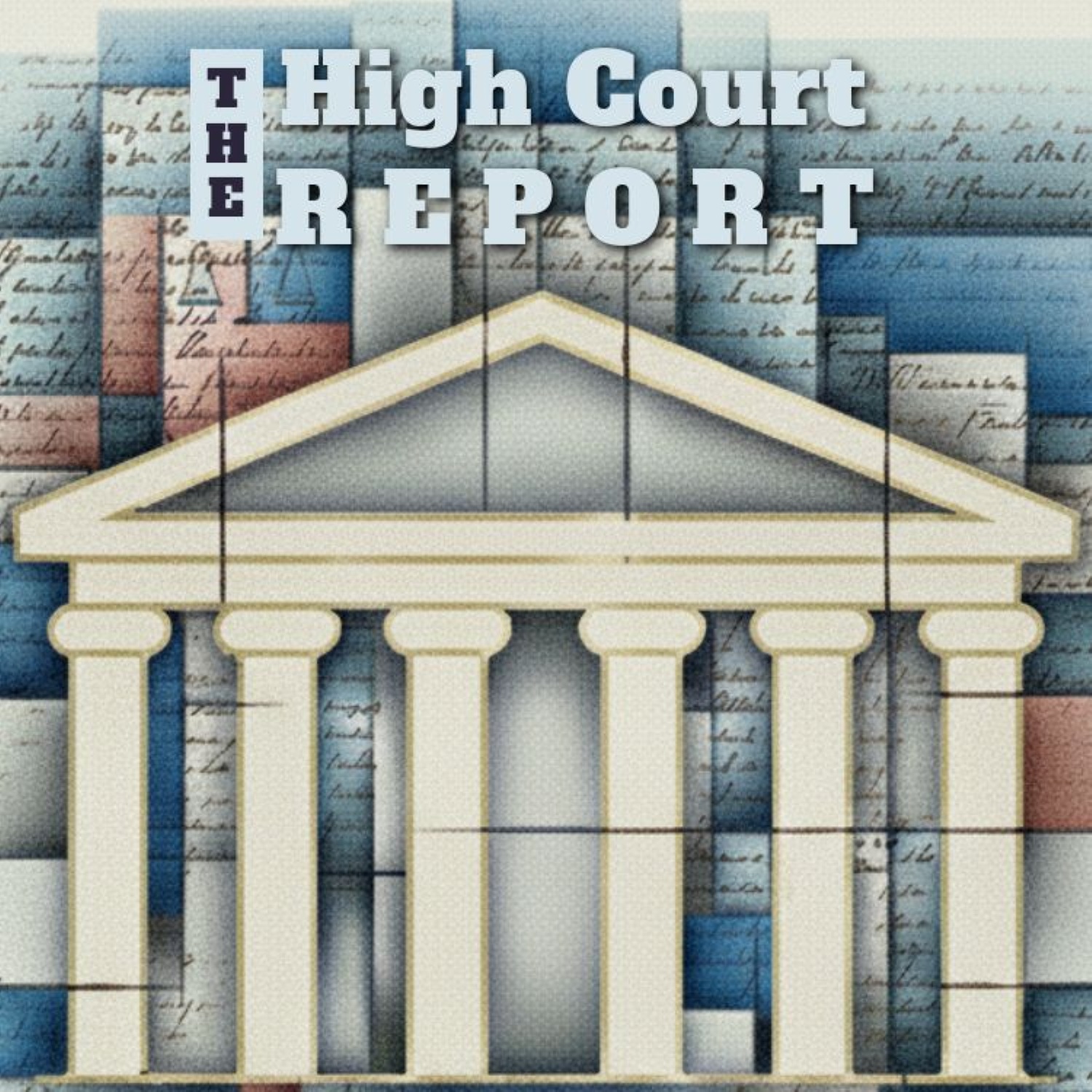Episode 52
Oral Argument: Hungary v. Simon | Case No. 23-867 | Date Argued: 12/03/24
Case Info: Hungary v. Simon | Case No. 23-867 | Date Argued: 12/03/24 | Date Decided: 2/21/25
Link to Docket: Here.
Background:
A foreign sovereign is generally immune from suit in domestic courts, subject to the specific exceptions of the Foreign Sovereign Immunities Act. Under the expropriation exception, claims involving rights in property taken in violation of international law may be heard if "property or any property exchanged for such property" has a commercial nexus with the United States. 28 U.S.C. § 1605(a)(3). Specifically, the property or its proceeds must be either "present in the United States in connection with a commercial activity" or "owned or operated by an agency or instrumentality of the foreign state and that agency or instrumentality is engaged in a commercial activity in the United States." Id. The circuit courts have split as to the showing required to meet the commercial nexus requirement.
Questions Presented:
- Whether historical commingling of assets suffices to establish that proceeds of seized property have a commercial nexus with the United States under the expropriation exception to the Foreign Sovereign Immunities Act.
- Whether a plaintiff must make out a valid claim that an exception to the Foreign Sovereign Immunities Act applies at the pleading stage, rather than merely raising a plausible inference.
- Whether a sovereign defendant bears the burden of producing evidence to affirmatively disprove that the proceeds of property taken in violation of international law have a commercial nexus with the United States under the expropriation exception to the Foreign Sovereign Immunities Act.
Holding: Alleging commingling of funds alone cannot satisfy the commercial nexus requirement of the FSIA’s expropriation exception.
Result: Vacated and remanded.
Voting Breakdown: Justice Sotomayor delivered the opinion for a unanimous Court.
Link to Opinion: Here.
Oral Advocates:
- For petitioners: Joshua S. Glasgow, Buffalo, N. Y.; and Sopan Joshi, Assistant to the Solicitor General, Department of Justice, Washington, D. C. (for United States, as amicus curiae.)
- For respondents: Shay Dvoretzky, Washington, D. C.
Website Link to Opinion Summary: Here.
Apple Podcast Link to Opinion Summary: Here.
